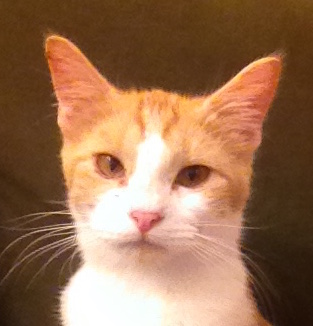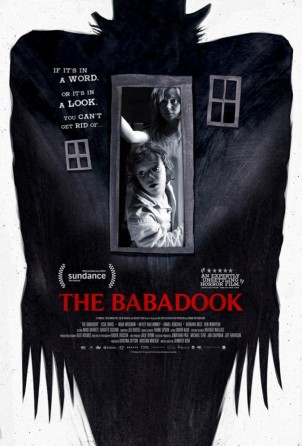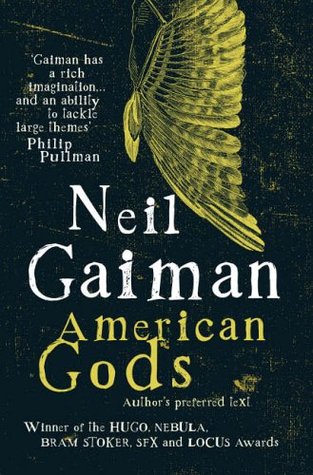
Incident Report A7115Z7: Unauthorized Landing on Surface of Planet Earth.
Interrogation Conducted by Interview Droid 19-00V (hereafter referred to as “Interviewer”).
Subject of Interrogation: Galactic Exploration Commander Braxus (hereafter referred to as “Braxus”), accused of exiting craft without orders or proper precautions.
Transcript of Interrogation follows:
Interviewer: Please start from the beginning, Commander.
Braxus: Can I just ask a quick question? Have you even considered another line of work? Interrogation seems like it could get terribly boring after a while.
Interviewer: From the beginning, Commander.
Braxus: Sure. Mom met dad in subspace, just outside the atmosphere of the planet Orlon. They were both a little tipsy, as they say on Earth, one thing led to another, and a while later, I popped into existence.
Interviewer: Perhaps you misunderstood. By “beginning,” I was referring to the beginning of the mission in question, and the subsequent incident report filed by your Second.
Braxus: I was making a joke.
Interviewer: Please refrain from creating any additional “jokes.” It distracts from the issue at hand.
Braxus: Okee-doke.
Interviewer: Error. Term “Okee-doke” does not match existing vocabulary file.
Braxus: It’s slang, chief.
Interviewer: Error. Term “slang” and term “chief” do not–
Braxus: Okay. Thanks. Got it. Xaris and I left Homebase about twenty five planetary revolutions ago.
Interviewer: For purposes of the records, please state your relation to this Xaris.
Braxus: Xaris is my Second. And also a prick.
Interviewer: Error.
Braxus: Forget what I said earlier. You’re perfect for this job.
Interviewer: What was the purpose of your mission?
Braxus: Same as always. Monitor the planet. Take notes on sentient life. See how they interact. Abductions optional, but always fun. You should try it sometime.
Interviewer: What sort of observations, if any, did you make during this mission?
Braxus: Humans are fun. And my species is not.
Interviewer: I detect negativity in that statement. Confirm or deny.
Braxus: Objection. I protest this line of questioning. You’re badgering the witness.
Interviewer: Error.
Braxus: That’s from Law & Order. The one with Sam Waterston.
Interviewer: Error.
Braxus: Me and Xaris get within about twenty broxtoids of the atmosphere and then I see our thrusters are running on zilch. Xaris didn’t check ’em before we left. We had no choice but to land.
Interviewer: That’s not what Xaris testified. Xaris testified that the ship’s fuels were in perfect condition. He testified that you pretended that the ship was out of fuel, despite the simple fact that it was not. The ship’s auditory record corroborates this conversation, Captain. I can play it back for you, if you’d like–
Braxus: That snargenite.
Interviewer: There’s no need for profanity.
Braxus: Fine. I wanted to land there, alright? It was an unauthorized scouting mission. There. I said it. But it was Halloween, man. Halloween. I know I’ll get an error with that one.
Interviewer: Error.
Barxus: See, this is why I hate this planet. There’s no Halloween, and nobody here has any fun. All we do is explore galaxy after galaxy, create new worlds, new lifeforms, test them, then destroy them, then do it all again. Do you even know what the phrase “Trick or Treat” means?
Interviewer: I am the interviewer here, Captain. I am the one who is asking the questions. What did you do when you landed?
Braxus: I got out of the ship.
Interviewer: …
Braxus: …
Interviewer: You realize, Captain, that exiting a craft on a foreign planet is an intergalactic offense. Did you at least have your cloaking device active?
Braxus: Nope. Didn’t need it.
Interviewer: …
Braxus: You alright there, chief?
Interviewer: I must say, Captain Braxus. This is serious. Very serious. You may never be granted leave of this planet again.
Braxus: But it was Halloween over there–the greatest day on Earth. You get to pretend to be anybody, and nobody makes fun of you or thinks you’re a weirdo. And there’s candy, too. You ever had candy? They hand it out like candy on Halloween. They’re all so friendly. Do you know what they said to me when they saw me for the first time?
Interviewer: What did they say?
Braxus: They said, “Sweet alien costume, bro.” And then they invited me to their party.
Interviewer: I request that you cut down on the Earth jargon, Captain. I cannot understand it.
Braxus: There’s no translation for the word “party” in our language. It’s like a gathering where friends come together and just…I don’t know, hang out with each other for a while.
Interviewer: That sounds dreadful.
Braxus: It was awesome, chief. I played flip cup with Hilary Clinton. Well, a gal dressed as Hilary Clinton, but still. I got invited to play shortstop on a dude’s over fifty softball team. Why don’t we have softball on this planet?
Interview: Error–
Braxus: And what about this? Instead of talking to me face to face, my superiors send you here to take my testimony. A robot.
Interviewer: This is what I was built for, Captain. This is my purpose.
Braxus: How do you know that, hmm? How do you know your purpose isn’t to build your own robot kid, or write a song, or go to a Halloween party with some humans? How do you know what your purpose is?
Interviewer: Interrogation is the reason I was created.
Braxus: Sure. Maybe that was their reason for putting you here. But let me ask you this, chief: what’s your reason for being here?
Interviewer: …
Braxus: …
Interviewer: …
Braxus: Dr. Phil would be proud of me.
Interviewer: I must organize my thoughts. Brief break requested.
Transcript interrupted here. Resumed after short delay.
Braxus: You good?
Interviewer: …
Braxus: …
Interviewer: Where did you learn to speak like that? Where did you learn about “chief” and “Law & Order” and this doctor named Phil?
Braxus: From them. I’ve been scouting them for decades. Longest tenured son of a bitch on the team is me. I’ve been watching, and I’ve been learning. And I love them. Humans. They’re incredible.
Interviewer: I’ve never been outside this compound.
Braxus: That’s sad, chief. Sad is this emotion humans get when they do something bad, or they feel bad for somebody, or something sad happens. Or their favorite TV show ends.
Interviewer: But…but you’ve committed a crime, Captain Braxus. You’ve broken the law. You must be punished.
Braxus: If that’s what you think, I won’t fight you. Truth is, though, my ship isn’t too far from here. And the best part about Halloween is, there’s always another one next year.
Interviewer: Another?
Braxus: Uh-huh. And you know how far Earth is from here, traveling at a nice, brisk pace?
Interviewer: How far?
Braxus: Little less than twelve months flight time, as the humans would count it. Which means if we leave now, we can make it for next year’s Halloween.
Another long pause in the recording here. Suggest clipping for purposes of evidence submission.
Interviewer: What should I wear?
© Kyle A. Massa, 2015. All rights reserved. No part of this short story may be duplicated or distributed in any form or by any means without expressed written consent from the author.














